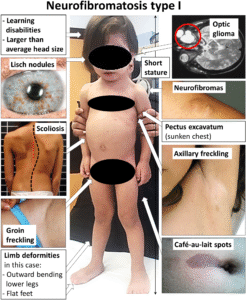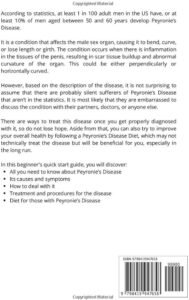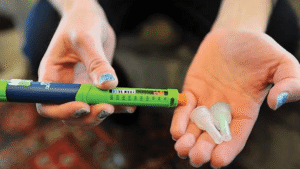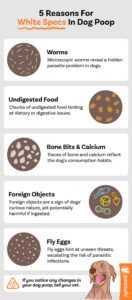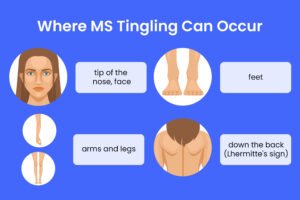New Study Points to 4 Potential Long COVID Risk Factors
Understanding the Four Key Risk Factors for Long COVID
Overview of Recent Findings on Long COVID Risk Factors
A recent study published in Cell sheds new light on the potential risk factors for developing long COVID. Researchers conducted a longitudinal study involving over 300 COVID-19 patients, aiming to identify biomarkers that might signal an increased risk for prolonged symptoms. The study discovered four main factors that could be linked to long COVID, which include:
-
High viral load early in the infection
-
Reactivation of the Epstein-Barr virus (EBV)
-
Type 2 diabetes
-
Presence of certain autoantibodies
Although the study is exploratory, its findings provide valuable insights that could help in understanding the causes of long COVID and potentially pave the way for treatment options.
High Viral Load and Its Connection to Long COVID
A significant risk factor identified is the viral load during the early stages of COVID-19 infection. The study suggests that the amount of virus in the blood early on is associated with a higher likelihood of lingering symptoms. According to Dr. Martin J. Blaser from Rutgers University, a higher viral burden can indicate that the body’s immune system struggles to control the infection, even if symptoms subside later.
Beth Oller, MD, a family physician, adds that high viral loads correlate with severe COVID-19 cases and an increased risk of death. She suggests that antiviral treatments like molnupiravir and Paxlovid, which reduce viral replication, might help reduce the chances of developing long COVID.
Type 2 Diabetes as a Predictor of Long COVID
The research also indicates that individuals with type 2 diabetes may be more likely to experience long COVID symptoms. Type 2 diabetes affects about 10% of the U.S. population, with 90-95% of diabetes cases being type 2. Dr. Oller explains that patients with type 2 diabetes tend to experience more severe COVID-19 complications, which could explain why they are also at greater risk for persistent symptoms.
Additionally, the study found that poorly controlled blood sugar levels could weaken the immune system, making it harder to fight off infections, potentially exacerbating the effects of COVID-19. The inflammation caused by both type 2 diabetes and COVID-19 may also contribute to more severe long COVID symptoms.
Epstein-Barr Virus Reactivation Linked to Long COVID
The reactivation of the Epstein-Barr virus (EBV), a common virus that often remains dormant in the body after the initial infection, has also been associated with long COVID. Researchers note that COVID-19 may trigger the reactivation of EBV, which can lead to a range of symptoms linked to long COVID, including fatigue and muscle weakness.
While studies suggest a potential link between EBV reactivation and long COVID, more research is needed to confirm this connection. Dr. Bryan Lau from Johns Hopkins University explains that reactivation of EBV has been observed in many hospitalized COVID-19 patients, and these individuals tend to have higher mortality rates.
Autoantibodies and Their Role in Long COVID
Another important finding is the presence of autoantibodies in individuals with long COVID. Autoantibodies are immune system proteins that mistakenly attack the body’s own tissues. The study found that two-thirds of long COVID patients had these autoantibodies, which may contribute to prolonged symptoms.
Autoimmune diseases like lupus, multiple sclerosis, and rheumatoid arthritis occur when the immune system targets the body’s own cells. In the case of long COVID, these autoantibodies could lead to chronic inflammation and immune system dysfunction, which may worsen the condition. Dr. Oller notes that individuals with autoantibodies also tend to have lower levels of protective antibodies, making them more vulnerable to persistent symptoms.
What This Means for the Future of Long COVID Research
The study provides valuable insights into the potential factors that could predict the development of long COVID. While these findings are not definitive, they highlight areas that require further investigation. The most effective way to prevent long COVID remains avoiding COVID-19 through vaccination, wearing masks, and practicing good hygiene.
Experts agree that more research is needed to better understand the long-term effects of COVID-19 and how to predict and prevent long COVID. The study’s findings bring us closer to understanding the complex mechanisms behind long COVID and how we can manage and treat the condition in the future.
Key Takeaways
-
High viral load early in the infection, type 2 diabetes, EBV reactivation, and autoantibodies are key risk factors for long COVID.
-
Understanding these risk factors could help in preventing or treating long COVID.
-
Ongoing research is critical to further explore the biological mechanisms of long COVID.
Join the Conversation
Stay updated on the latest findings and prevention strategies for long COVID by subscribing to our newsletter.

